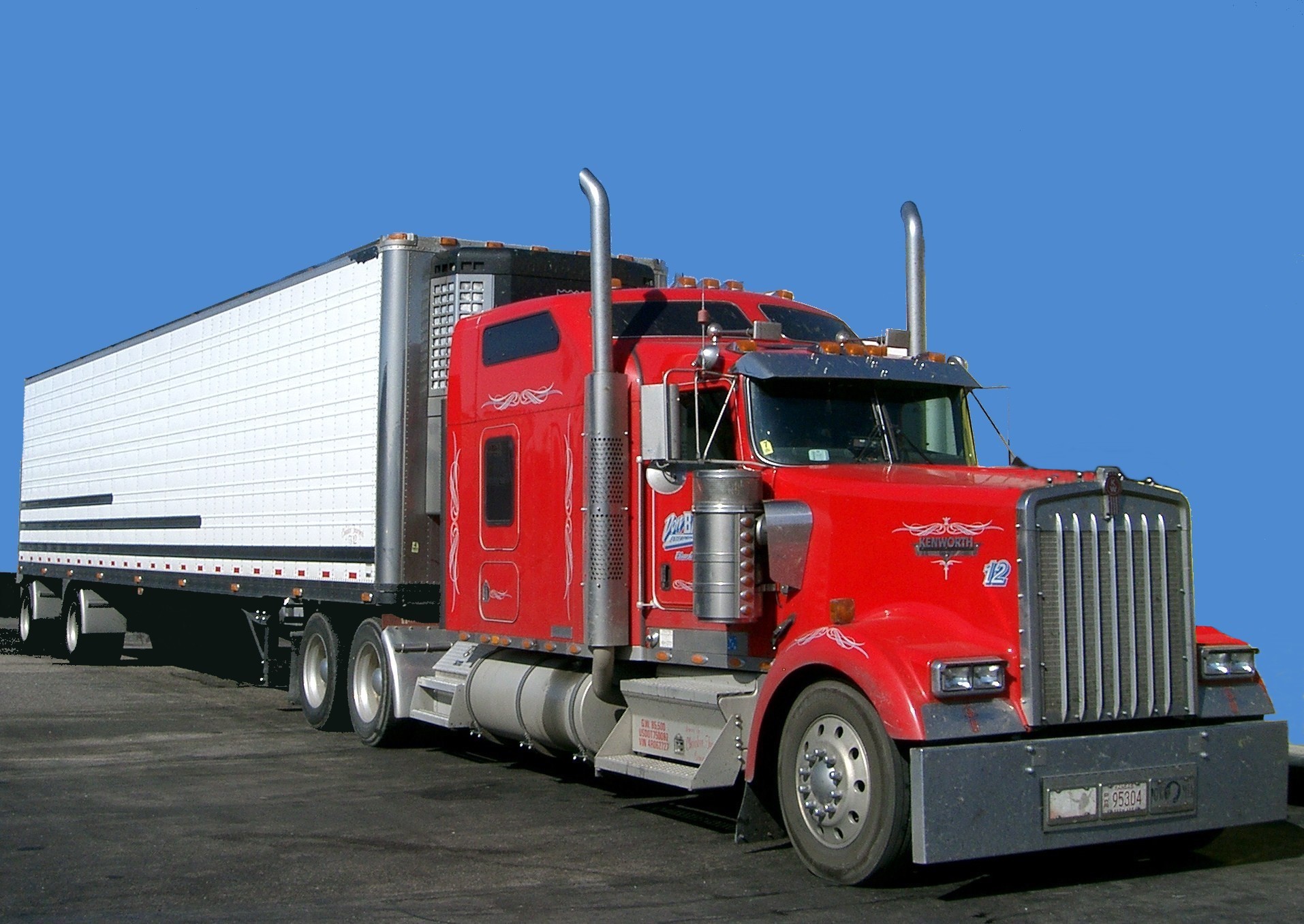Truck camping has surged in popularity, providing outdoor enthusiasts with a versatile and comfortable way to experience nature. Among the various options available for truck camping, pop-up slide-in truck campers stand out as a unique choice, blending the space and features of traditional campers with the compactness and mobility of a truck. In this article, we will delve into the pros and cons of pop-up slide-in truck campers, offering insights into their features, benefits, and drawbacks.
Understanding Pop-Up Slide-In Truck Campers
Before we dive into the pros and cons, it’s essential to understand what pop-up slide-in truck campers are. These campers are designed to fit into the bed of a pickup truck and can be collapsed or expanded as needed. When the camper is not in use, it can be lowered, reducing wind resistance and enhancing fuel efficiency. Once at the desired camping destination, the camper can be popped up to provide a cozy and well-equipped living space.
Pros of Pop-Up Slide-In Truck Campers
1. Versatility and Mobility
Perhaps the most significant advantage of pop-up slide-in truck campers is their remarkable versatility. They can be easily transported from one location to another, allowing for spontaneous adventures without the need for elaborate planning. Whether you’re looking to spend a weekend in the woods, a week at the beach, or a month exploring national parks, these campers are designed for mobility.
2. Compact Size
With a pop-up slide-in truck camper, you gain the comforts of camping without the bulk. They take up less space than conventional RVs, making them perfect for navigating narrow trails or squeezing into tight camping spots. This compactness allows for greater flexibility in choosing camping sites, especially in areas where larger vehicles may struggle to access.
3. Ease of Setup
As the name suggests, these campers can be popped up in a matter of minutes. Many models feature intuitive designs that allow for quick setups, so you can focus on enjoying your surroundings instead of wrestling with complicated assembly instructions. This convenience is particularly appealing for those looking to make the most of their time outdoors.
4. Cost-Effective
Compared to larger motorhomes or travel trailers, pop-up slide-in truck campers often come with lower price tags. They require less storage space and generally incur lower maintenance costs as well. For budget-conscious adventurers, this makes them an attractive option. Additionally, with some models offering impressive fuel efficiency, they can help save on gas during your travels.
5. Enhanced Outdoors Experience
When camping in a pop-up slide-in camper, you maintain a close connection to nature. With the ability to park in scenic spots overlooking rivers, mountains, or forests, you can enjoy breathtaking views right from your door. Many models are designed with large windows and ventilation options that allow you to immerse yourself in the sounds and smells of the great outdoors.
6. Customization Options
Pop-up slide-in truck campers often come with a variety of customization options, enabling you to choose features that best suit your camping style. Whether you prefer a kitchen setup, additional storage, or even a bathroom facility, numerous options allow you to tailor your camper to meet your specific needs.
Cons of Pop-Up Slide-In Truck Campers
1. Limited Space
One of the primary disadvantages of pop-up slide-in campers is the limited space they offer. A smaller footprint can mean compromised headroom, limited cooking facilities, and restricted sleeping accommodations. For larger families or groups, this constriction may become a challenge, especially during inclement weather when outdoor activities may be less feasible.
2. Stability Issues
While pop-up campers are designed for easy transport, their stability can be a concern, especially on rough terrain. Unlike traditional RVs, they do not have a separate chassis, which may lead to a less stable experience compared to larger, heavier options. Careful consideration is needed while navigating rugged landscapes, as uneven ground can create an uncomfortable setting.
3. Setup and Takedown Time
While setup is quick, the act of erecting and collapsing a pop-up camper can still take more time than simply parking a conventional RV. For those who prefer instant access to their living quarters, this process may detract from the leisure experience. Additionally, if you’re moving frequently during your trip, the constant setup and takedown may become tedious.
4. Weather Vulnerability
Popup campers, while sturdy, are often not as insulated as traditional campers. In extreme weather conditions, you may experience discomfort due to poor thermal regulation. During hot summers, they can become sweltering, and in colder climates, inadequate insulation can lead to chills. Tent walls, while light and easy to manage, can lack the protective qualities of solid structures.
5. Height Considerations
When the camper is extended, its height can pose unique challenges. This aspect may limit access to certain areas or require careful navigation under low-hanging branches, bridges, or structures. As a result, potential campers should consider their route planning with added caution to avoid frustrating roadblocks.
Conclusion
Pop-up slide-in truck campers open up a world of adventure for outdoor enthusiasts, blending convenience with a closer connection to nature. However, prospective buyers must weigh the pros and cons carefully. Consider your personal preferences, travel style, and the types of adventures you seek. Are you ready to embrace the freedom of truck camping and enjoy the outdoors in a new light? By understanding the unique benefits and challenges of pop-up slide-in truck campers, you can make an informed decision that enhances your overall camping experience.
